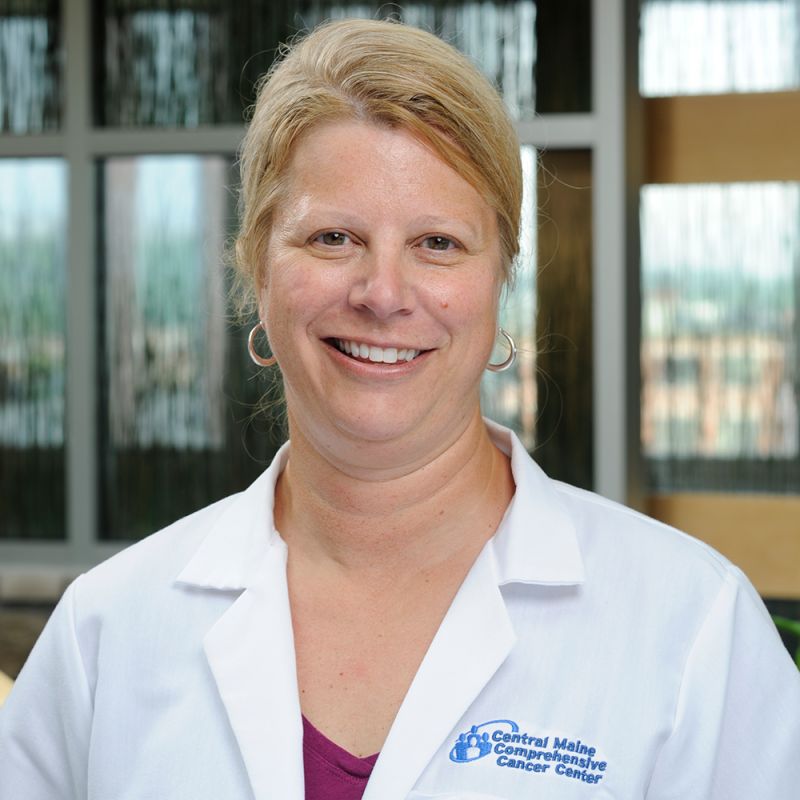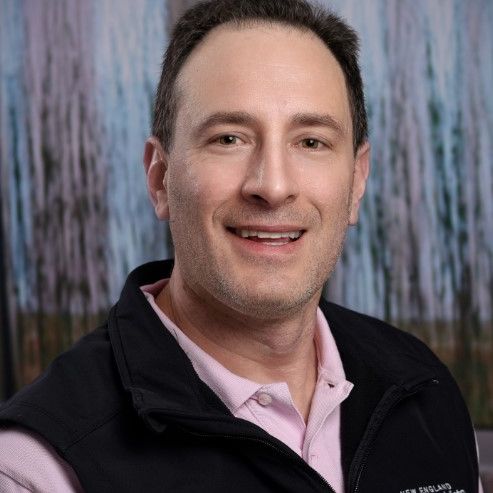Whether your procedure is routine or complex, rest assured you’re in good hands at Central Maine Healthcare.
Many of our board-certified surgeons practice in highly specialized areas, with advanced training in everything from tumor removal to trauma, hernia repair to heart care. We perform many of these procedures using the latest minimally invasive techniques, often allowing you to go home the same day and enjoy an easier, faster recovery.
It’s all part of our commitment to bring leading surgical care right to the central and western Maine surrounding communities we serve. So you can focus less on traveling, and more on healing.
Full Range of Surgical Services
Just some of our specialties include:
General surgery
Our surgeons treat all types of health problems affecting the esophagus, stomach, colon, liver, pancreas, gallbladder, appendix and bile ducts. We take a minimally invasive approach whenever possible, including appendectomies and gallbladder removal, as well as complex hernia repair. These laparoscopic procedures require just a few small incisions, which often means significantly less pain and quicker return to your life.
Cancer surgery
For many types of cancer, surgery is often the best first treatment, especially for early stage cancers or those that are contained to one area. Our board-certified surgeons are skilled in removing even the most complex tumors, while helping minimize damage to surrounding healthy tissue. We also work closely with specialists in radiation and medical oncology to ensure the best possible care.
Gynecologic surgery
Our women’s health experts perform a wide range of gynecologic procedures to address concerns at any age and stage of life. That includes treatment for endometriosis, removing fibroids and ovarian cysts, and minimally invasive techniques for incontinence and hysterectomy. Many of these procedures can be done on an outpatient basis, allowing you to leave the hospital the same day and recover comfortably at home.
Heart and vascular surgery
At the nationally recognized Central Maine Heart and Vascular Institute (CMHVI), our cardiovascular surgeons perform both traditional open heart surgery as well as some of the most advanced, minimally invasive options available. Specialties include implantable devices and ablation to help restore irregular heart rhythms; angioplasty and other interventional procedures in our state-of-the-art cardiac catheterization lab; heart valve repair and replacement, including the revolutionary TAVR procedure for severe aortic stenosis; and pediatric procedures to address congenital heart concerns and other conditions affecting young hearts.
Orthopedic surgery
The board-certified surgeons at Orthopedic Institute of Central Maine (OICM) and Central Maine Healthcare Orthopedics (CMHO) are here to help get your body, and life, back in motion. We’ve earned the Joint Commission’s Gold Seal of Approval® for providing the highest standards of care in hip, knee and shoulder replacement, as well as hip fracture care. We also specialize in minimally invasive spine surgery and the latest arthroscopic techniques to help you return faster to what you love.
Plastic and reconstructive surgery
Central Maine Healthcare offers a wide range of cosmetic and reconstructive procedures to help you look and feel your best. Elective cosmetic options include face lifts, breast augmentation, tummy tucks, liposuction and more from our board-certified plastic surgeons. Our reconstructive procedures can help restore appearance and self-confidence after an injury or illness, including breast reconstruction following mastectomy.
Trauma surgery
As a Level III Trauma Center, we provide 24-hour surgical coverage for all types of serious and life-threatening injuries. We also orthopedic surgeons and other critical care specialists always on-call.
Weight loss (bariatric) surgery
Transform your health and life with help from our board-certified bariatric surgeons. We perform a variety of safe and proven weight loss procedures, including gastric bypass, gastric sleeve and adjustable gastric banding (LAP-BAND). Using the latest laparoscopic options, we’ll help give you the best possible start on your journey, and provide the ongoing education and support you need to achieve your goals.
Other common surgeries we offer include:
- Breast surgery
- Colon surgery
- Ear, nose and throat (ENT) surgery
- Esophageal surgery
- Gastrointestinal surgery
- Liver and biliary tract surgery
- Lung surgery
- Pediatric surgery
- Podiatry procedures
- Urologic surgery












